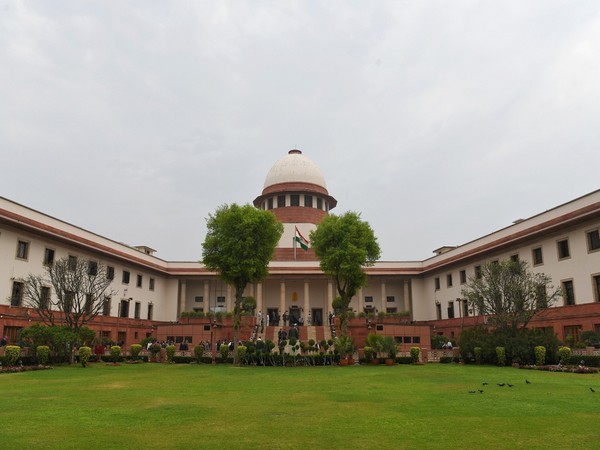Supreme Court Advocates Relief Measures Amid Severe Delhi Air Pollution
The Supreme Court has urged the Commission for Air Quality Management to consider easing restrictions for educational institutions under the harsh GRAP-IV norms. Acknowledging student disadvantages, the court emphasized pressing welfare measures for affected communities, while firmly maintaining GRAP-IV until a marked AQI improvement is evident.

- Country:
- India
In a crucial move, the Supreme Court has directed the Commission for Air Quality Management (CAQM) to contemplate easing the Graded Response Action Plan (GRAP)-IV norms for educational institutions in Delhi. This decision comes as students face adversity with school closures, impacting their access to midday meals and digital resources amid soaring air pollution levels. While the court acknowledges the severity of the AQI exceeding 450, it has refused to relax curbs without substantial evidence of improved air quality.
A bench comprising Justices Abhay S Oka and AG Masih has tasked the CAQM with evaluating the current measures of GRAP III and IV, determining potential relaxations or exceptions. The Commission has been urged to expedite its decision, ensuring implementation by Wednesday. Furthermore, the Supreme Court cautioned that it would only consider further relaxations if a consistent downward trend in AQI readings is observed.
The court also highlighted the broader impact of GRAP-IV on various socio-economic groups, mandating the CAQM to propose measures preventing hardship for laborers and daily workers. Critically, funds collected as labor cess are to be mobilized for construction worker welfare. The hearing underscored lingering concerns over enforcement inefficiencies at check posts, stressing accountability among agencies. The continued appointment of thirteen court-appointed commissioners reinforces the court's commitment to rigorous oversight of mitigatory actions and public advisories regarding restricted truck entries into the capital.
(With inputs from agencies.)
ALSO READ
Punjab's Plight: Smog Woes Worsen as AQI Soars
If voted to power, BJP to ensure 27 per cent reservation to OBCs in educational institutions, jobs: JP Nadda in Bagodar rally.
Rising Drug Crisis at Pakistan’s Educational Institutions Triggers Concern
Choking Capital: Delhi Grapples With Alarming AQI Levels
Delhi Chokes Under Alarming Smog as AQI Hits Hazardous Levels









